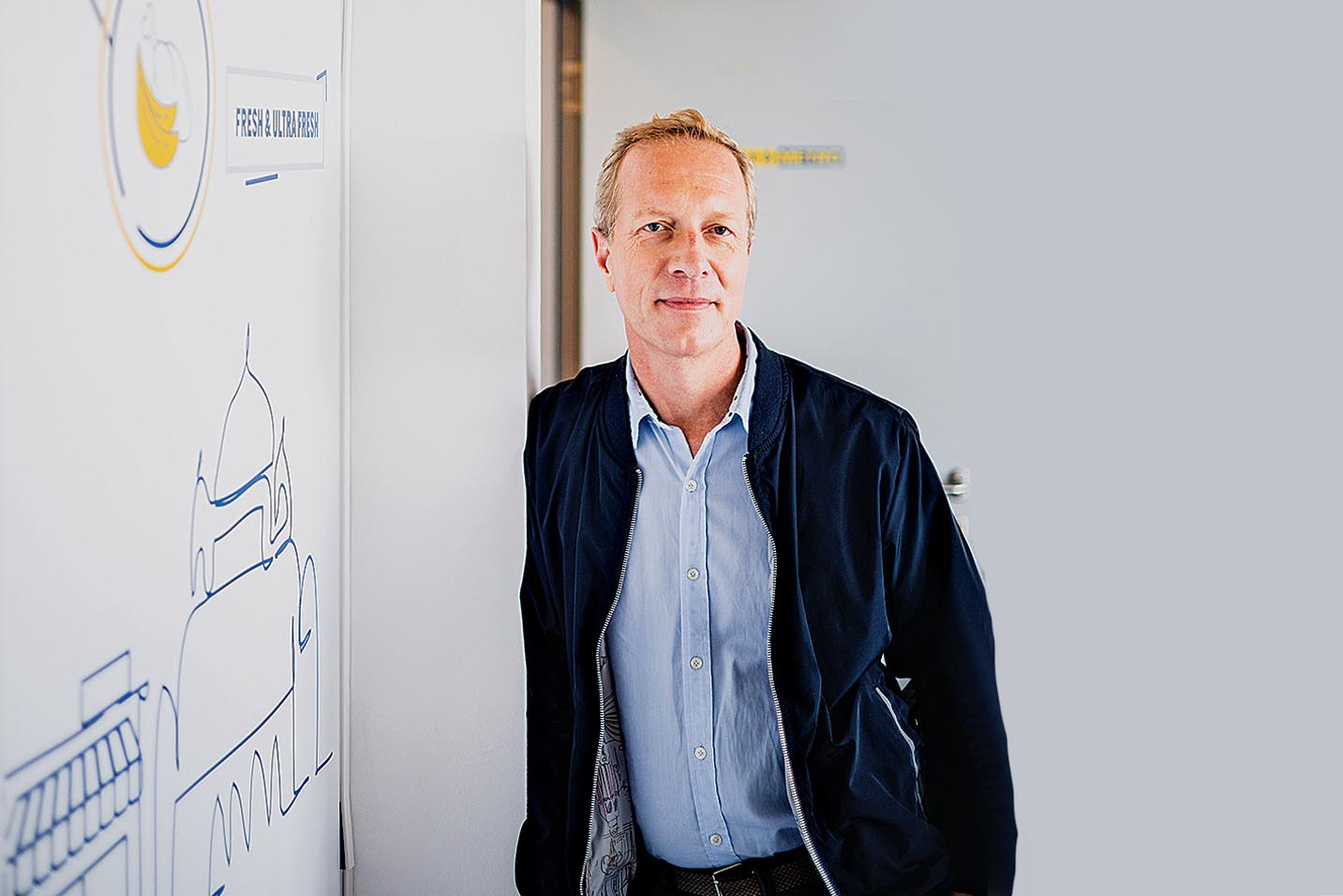METRO has been in Serbia for 17 years and has witnessed many market changes. The company today has a new global sCore strategy, with a long-term focus on professional customers, particularly small, independent traders and those traditionally operating in the HoReCa sector
Here we disccus how to develop a successful wholesale business strategy with METRO Cash&Carry Serbia CEO André Rinnensland.
What can you tell us about METRO’s current plans and vision for the future?
Even after almost two decades of operations, our orientation towards wholesale hasn’t changed, and that’s only going to be stronger with the renewed business strategy.

At the beginning of this year, METRO implemented the new global sCore strategy, with a longterm focus on professional customers, particularly small, independent traders and those traditionally operating in the HoReCa sector. Everything – from our assortment range, pricing policies, to different layouts in our stores – is tailored to best respond and cater to the needs of our professional customers, thus further positioning METRO as a true wholesaler and the first and most reliable choice as strategic business partner.
You have mentioned that the new strategy has a strengthened focus on small, independent, traders. Why are they so important to your business?
As one of our two core customer groups, independent traders are very important for METRO’s own successful business. But there’s also a bigger picture to be seen: independent traders, despite the fact they are small-sized entrepreneurs, are a major market contributor. There are more than 27,000 of them in Serbia, representing around 190 billion RSD in sales, while the environment is increasingly dominated by modern retail chains.
Metro has strengthened its “Buy More, Pay Less” programme, which now features more than 3,000 key products for small traders
It is also important to note that they are often family-run businesses that serve local communities that often don’t have bigger retail options at hand. So, when METRO aims to provide an assortment, services and pricing options designed precisely for these types of traders to sustain and develop their business, we are actually advocating for a sustainable economy and society in general. That’s why we’ve also strengthened our “Buy More, Pay Less” programme, which now features more than 3,000 key products for small traders.
Is the programme proving successful, and how does it benefit your professional customers?
This is a programme that includes stable and attractive prices for the relevant assortment, in suitable packaging, where quantity discounts are applied. We are very satisfied with the results so far, and we see sales growth in all categories, of course excluding the inflationary effect. We are trying to make the process sustainable for all parties in the chain – our customers, suppliers and us. We believe we have found a way to make it successful long-term.
Sustainability is still an important topic for METRO, as a wholesaler operating on many markets. What does it mean in Serbia, given the volatility of supply chains?
There are various aspects of sustainability that we are pursuing both locally and globally. Ever since the start of the pandemic and the disruption to global supply chains, industry as a whole realised that there’s no real sustainability unless we focus on local sourcing. METRO has always encouraged local producers and suppliers to develop their production, and we are constantly looking for new partners in Serbia that are able to provide the highest-quality food products, especially in the Fresh and Ultra Fresh segment. We are working, in parallel with this, on reducing waste, energy usage, emissions and plastic packaging.
